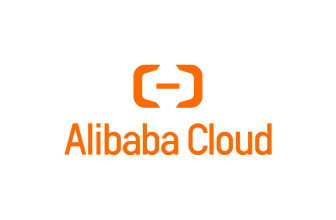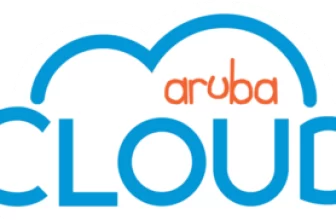OpenVZ Cloud Servers are a type of virtual private server (VPS) that uses OpenVZ virtualization technology to provide multiple isolated containers on a single physical server. Each container operates independently with its own set of resources, such as CPU, memory, and storage, as well as its own operating system and applications. This allows for greater flexibility and scalability compared to traditional dedicated servers, as users can adjust the resources allocated to each container to meet their changing needs.
OpenVZ Cloud Servers are a cost-effective solution for businesses and individuals who require their own server resources without the high cost of purchasing and maintaining physical hardware. They are easily deployed and managed through a web-based control panel, which provides users with the ability to monitor and manage their server resources in real-time. Additionally, OpenVZ Cloud Servers are highly customizable, allowing users to tailor their server resources to their specific needs, such as increased CPU power for intensive applications or more storage for large data sets.
The pricing for OpenVZ Cloud Servers can vary depending on the provider and the specific resources allocated to the server. Generally, pricing is based on the amount of CPU, RAM, storage, and bandwidth allocated to the server.
For example, a basic OpenVZ Cloud Server with 1 CPU, 1 GB RAM, 20 GB storage, and 1 TB bandwidth may cost around $5-$10 per month, while a more powerful server with 4 CPUs, 8 GB RAM, 200 GB storage, and 10 TB bandwidth may cost around $40-$50 per month.
It’s important to note that some providers may also charge additional fees for setup or management services, so it’s important to carefully review pricing and service offerings before selecting a provider.










